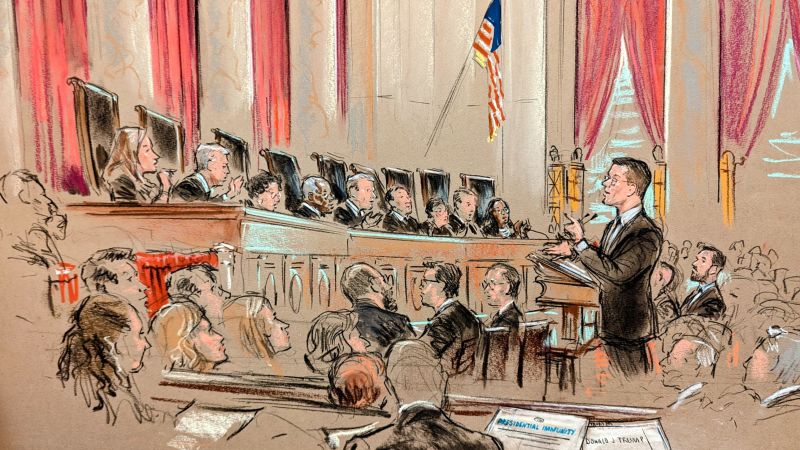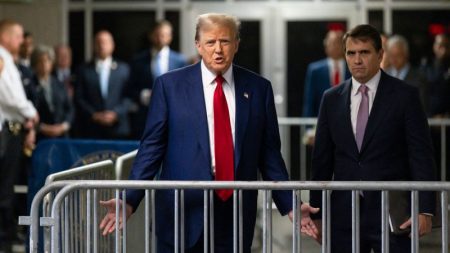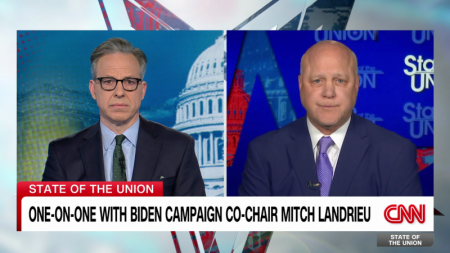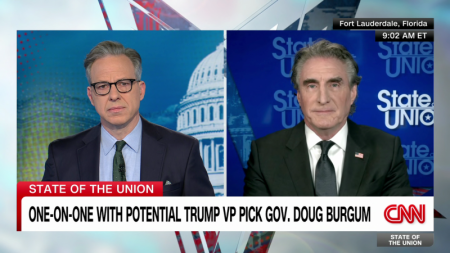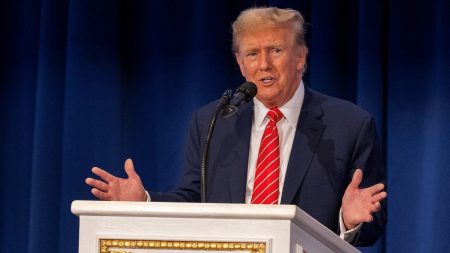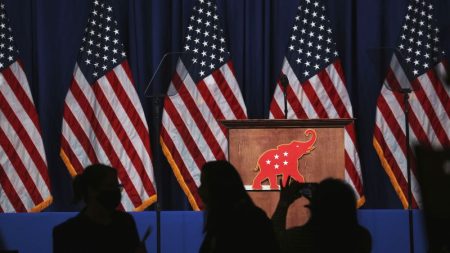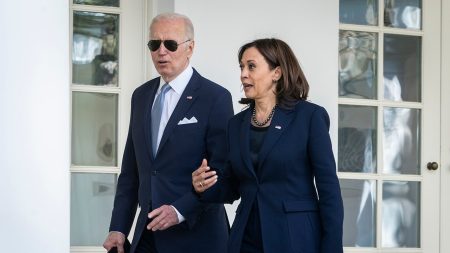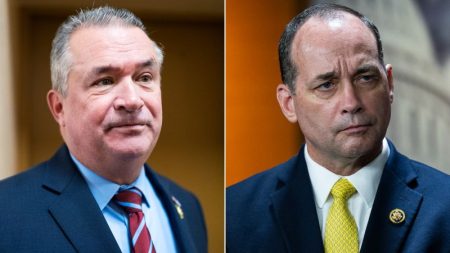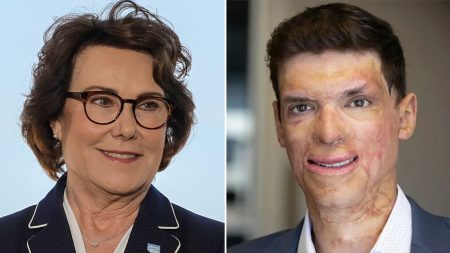The Supreme Court is considering whether to reject former President Donald Trump’s claims of sweeping immunity and protections to shut down his federal election subversion case, while also hesitant to give the special counsel, Jack Smith, free rein to pursue charges. The conservatives on the court questioned whether future presidents would be subjected to politically motivated prosecutions without some form of immunity. The focus of the hearing was on distinguishing between Trump’s official acts as president and his private conduct. The court’s decision on this dispute will determine Trump’s legal fate and set rules for criminal exposure for future presidents.
The Supreme Court’s deliberations on Trump’s prosecution for efforts to overturn the 2020 election indicated that a clear answer may not be provided, leaving much of the decision-making to lower courts. This could result in significant delays in a trial that was originally set for March 4, playing into Trump’s strategy of delay and potentially jeopardizing the trial before the election. Chief Justice John Roberts criticized the appeals court ruling against Trump, suggesting that the court did not adequately explain why virtually all of Trump’s actions were subject to prosecution.
During the hearing, Trump’s attorney acknowledged that some of the alleged conduct supporting the criminal charges against the former president were private, marking a significant departure from their previous argument that the entire prosecution should be dismissed. Despite Trump’s lobbying for absolute immunity, his lawyer’s concessions during the hearing showcased a shift in position. The distinction between official and personal acts alleged in the charges was a key point of contention during the proceedings, with potential implications for delaying the case’s progress.
Justice Amy Coney Barrett questioned the scope and timing of Trump’s immunity claim, with concerns raised about his entitlement to absolute immunity. There were discussions about potentially focusing on Trump’s private actions in order to expedite the trial process. The possibility of the trial court sorting out official versus private acts of the presidency was considered, with suggestions for a slimmed-down indictment that excludes official acts. The Justice Department charged Trump with federal crimes related to the fake electors scheme, a plot to overturn the election results.
As the arguments over Trump’s immunity claim conclude, pressure mounts for the Supreme Court to issue a decision promptly. The slow pace of the court’s proceedings has been criticized, particularly as it plays into Trump’s strategy of delay, potentially hindering a trial before the November election. The court has faced similar high-profile cases in the past and has the precedent to move swiftly in resolving them. While the court has previously rejected requests to expedite the resolution of Trump’s case, delays have already impacted the original trial date. The court’s handling of this case will have significant implications for Trump’s legal fate and future presidential criminal exposure.





